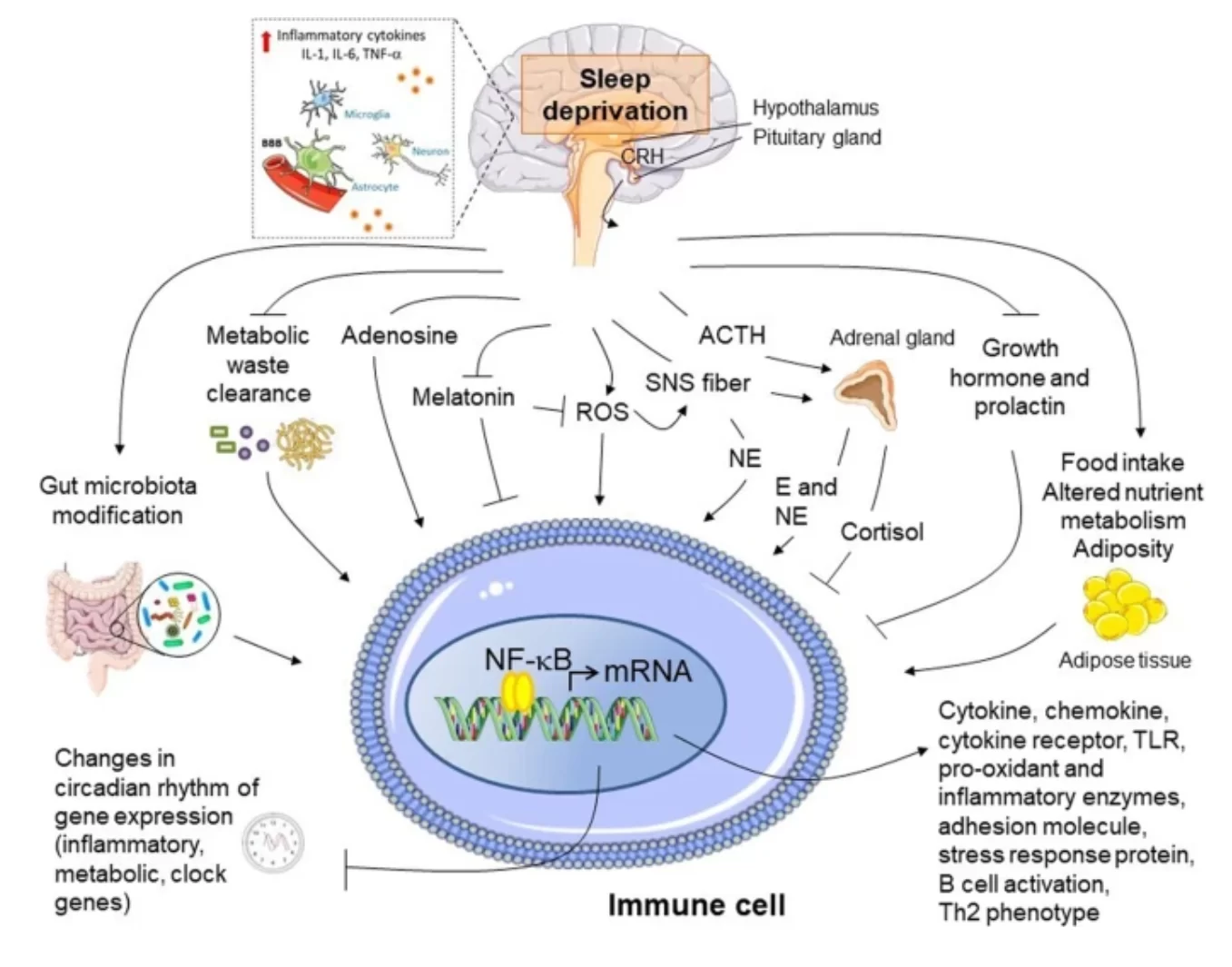In the hustle and bustle of modern life, the importance of sleep is often overlooked. But did you know that good sleep is an indispensable source of health and life? The third Friday of March each year is World Sleep Day, which reminds us to re-examine and cherish this fountain of life. Today, Concora invites everyone to delve into the world of sleep science, to uncover its mysteries, and to pay attention to the latest advancements in sleep research.
Sleep and Gene Regulation
Recent research has found a close relationship between sleep and gene regulation. A team from the Massachusetts Institute of Technology published a significant study on sleep and gene expression in the journal “Nature Medicine”. They discovered that different sleep patterns have a marked impact on gene expression, particularly during the rapid eye movement (REM) sleep phase. Through genomic and biochemical analysis of mice, they identified a novel sleep-regulating factor named “Somnoxin” and successfully utilized it in drug development. This study provides a deeper understanding of the relationship between sleep and health and opens new directions for the treatment of sleep disorders such as insomnia.
Deep Sleep and Memory
A research team from Harvard University achieved a significant breakthrough in 2023 regarding deep sleep and memory. Using advanced neuroimaging technology, they conducted sleep monitoring on dozens of subjects over several months. The study found that during deep sleep, neurons in the brain reactivate neural pathways used during daytime learning to consolidate and integrate memories. This discovery not only offers a new perspective on understanding memory mechanisms but also provides new therapeutic approaches for memory disorders.
Sleep and Emotional Health
Psychologists at the University of California, Los Angeles, led by Michael Jones, found a close link between sleep quality and emotional health. Their research, published in the “Psychological Review” journal, indicates that lack of sleep or poor sleep quality can lead to mental health issues such as anxiety and depression. This study serves as a reminder of the significant impact of sleep on emotional health.

Sleep and Aging
A team from Harvard University discovered that adequate sleep can help delay the aging process. Their findings, published in “Nature Medicine”, suggest that insufficient sleep may accelerate cellular aging and DNA damage, leading to a decline in physiological function and an increased risk of disease. This discovery provides a new scientific basis for improving sleep quality and preventing age-related diseases.

Sleep and the Immune System
Sleep experts at Johns Hopkins University, led by Emily Smith, found that adequate sleep can enhance immune system function. Their study, which involved volunteers with insufficient sleep, revealed that the activity of immune cells was suppressed, making them more susceptible to illness. The research emphasizes the importance of sufficient sleep in maintaining a healthy immune system.

Improving Sleep and Enhancing Sleep Quality
Based on scientific principles, there are specific methods we can adopt to improve sleep quality. Maintaining a regular sleep schedule, avoiding excessive use of electronic devices, and creating a quiet, comfortable sleep environment can all contribute to better sleep quality.
With the advancement of science and technology, research in the field of sleep science is also deepening. In the future, we can look forward to the development of more effective methods to improve sleep, providing better protection for people’s physical and mental health.




